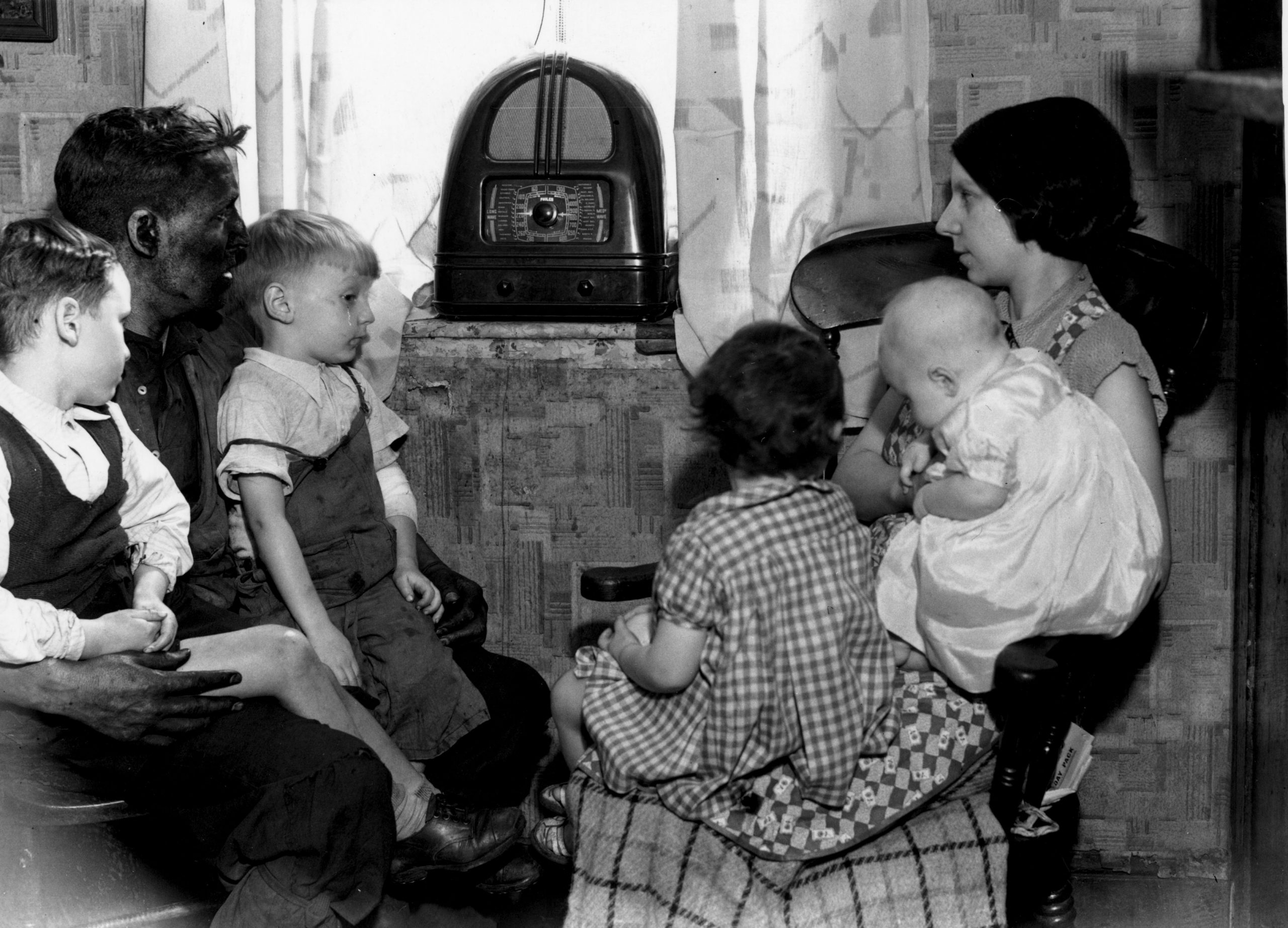
“Most of the public would be perfectly happy with Norway.” A lament near-whispered on a Brexit edition of Beyond Today, the “one big question about one big story from the news” podcast that’s become required listening in my house given its excellently solemn tone. Even when recalling (as a guest did recently) seeing a “tall bloke with a white beard wearing nothing but a crown and a Brexit flag” struggling with a bike lock, there wasn’t overly “flummoxed” honking.
It has less energy for the swelling catastrophe than, say, BBC Scotland’s Podlitical (the “latest goings on at Holyrood and Westminster”), where presenter Philip Sim confessed to starting a WhatsApp group while hiding out on the balcony of his recent honeymoon, calculating Conservative to SNP swing-seats. On BBC Radio 5 Live’s Brexitcast, the four or more contributors’ phones ping with texts: more hotly denied leaks from non-minuted meetings! (Laura Kuenssberg: “I was getting text messages from naughty MPs in the chamber saying ‘Check out Theresa May’s eye-rolls!’”) Those pings can make the listener feel pretty impotent. But “what with the tears, betrayals and memes”, mourned Tina Daheley on Beyond Today, “it’s the biggest reality show since Love Island”. Her voice (and presenter Matthew Price’s) often has a note of being hyper-conscious that politics is grievously stuck in a giffy, memey, sneery cycle of tinny hysteria.
Beyond Today (nominally aimed at younger listeners, and altogether a really good thing) tries to minimise the surface area of mad thrill. It’s often just two people talking: less sense of a gang pushing through the drama, less necessary vivacity. “Brexit: What Happens Next” was a plain, logical, informative conversation between Daheley and Tom McTague of the Atlantic, interwoven with clips going back to the war, concluding with McTague’s neat observation that it can take just one issue to entirely change voting topographically. In America, it was civil rights. Here, Brexit. “In 20 years’ time, the Labour Party could be holding wealthy parts of the Home Counties. And Tyne and Wear could be a Conservative stronghold.” You could hear Tina nodding silently. No need to punch that one up.
Beyond Today
BBC Sounds
This article appears in the 11 Sep 2019 issue of the New Statesman, Cameron’s legacy of chaos






